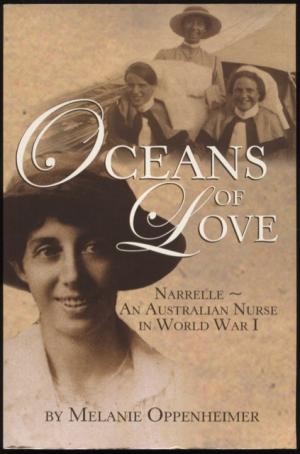At the outbreak of World War I, Narrelle Hobbes was the matron of the small and remote Brewarrina hospital in north-western NSW. Keen to be an active participant in the war, Narrelle, aged 36, decided to travel to London in March 1915 in order to join Queen Alexandra’s Imperial Medical Nursing Service Reserve (QAIMNSR). By May she was in Malta nursing the sick and wounded from Gallipoli. She later nursed in Sicily, India and Mesopotamia (now modern day Iran/Iraq). The Mesopotamia campaign, fought between the British and the Turks, is one of the largely forgotten theatres of the war. Narelle spent 10 months in Basra and later Amara, on the Tigris River, nursing casualties and patients with appalling diseases such as enteric fever, dysentery, typhoid and cholera. After falling sick, she then spent six months recuperating in the foothills of the Himalayas at the remote hill station of Binsar in Uttar Pradesh. Narelle is based on an extraordinary collection of letters written home to her family (‘Dearest Peoples’ and signed ‘oceans of love’) in Australia, letters that are a witty and evocative reminder of an extraordinary period in Australian history from the perspective of an Australian girl from the bush. Some of these letters are now held in the Australian War Memorial in Canberra. First Edition, pp. 272 #0517
Oceans of Love: Narrelle: An Australian Nurse in World War I
$18.00
Sold Out
Additional Information
| Author | Melanie Oppenheimer |
|---|---|
| Publisher | ABC Books |
| Year Published | 2006 |
| Book Condition | FINE |
|---|---|
| Binding Type | Softcover |
